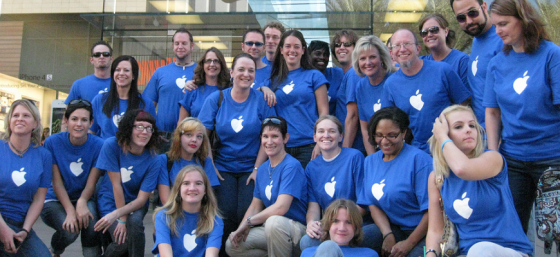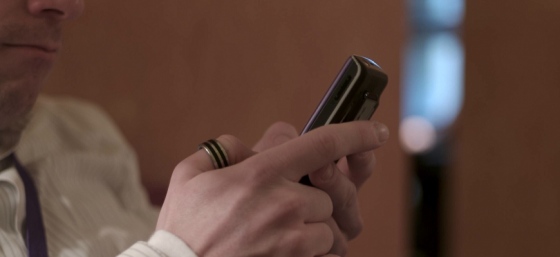
It’s been a crazy year so far for me, and it’s going to get even more crazy because I’m hitting the road this spring! I been invited to speak at three conferences and I have The Undeniable Tour.
I’m really excited to travel so much this year. I hope to use the time to meet incredible people, hopefully meet some of the people I greatly admire and follow online, connect with friends, see interesting places, and talk about some of my favorite topics – social media and social media law.
Here’s a snapshot of some of my plans:
February:
Dad 2.0 Summit – San Francisco, CA
March:
The Undeniable Tour – Southern California
April:
The Undeniable Tour – Northern California; Portland, OR; Seattle, WA
New Media Expo – Las Vegas, NV
May:
Ungagged Conference – London, UK
Plus I’m doing a handful of speaking events in the Phoenix area the spring too! I wish I didn’t have to sleep because there are so many things I want to do during my travels and so much I need to do to prepare for each one. I’m so excited to be invited to be involved in so many amazing conferences. And I’m so lucky that I get to take on a challenge as big as organizing my own speaking tour. (Sponsorship opportunities are still available!)
My plan is to blog, vlog, and post content on my various social media profiles during my travels. I want to share my adventures with you and do a lot of handstands. (It’s a gymnast thing.)
The only downside of all this traveling is I have to be away from my baby girl, not that she would enjoy planes, trains, unfamiliar hotels, or long hours in the car.



